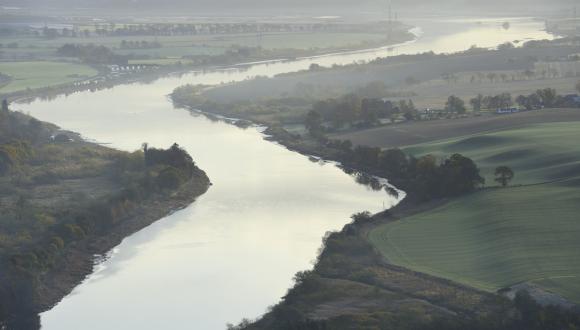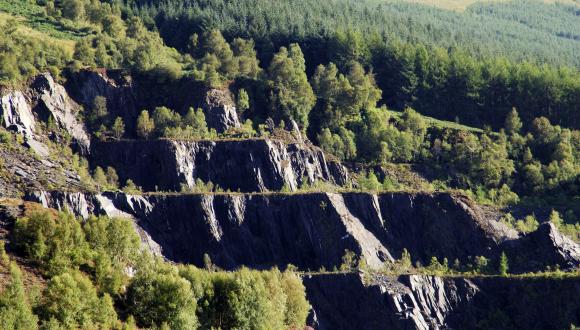Pressures on soils
Soils perform valuable roles and functions, but climate change and land-use changes threaten many of these soil functions.
Soils have always enabled people to grow food and fuel. But new development can seal away soil and climate change may have many adverse effects upon soil’s use as a growth medium.
Water flow and quality of our lochs and river systems are regulated by soils. Climate change in particular threatens the ability of soils to continue to perform this function.
Scottish soils contain more than 3,000 megatonnes of stored carbon, but climate change may cause soil carbon stocks to decline. More greenhouse gas emissions will result if our peatlands degrade.
All life and ecosystems ultimately rely on soils. As our soils alter with climate change, some of the habitats and biodiversity that they support may be lost.
Soils can tell us much about our past. Erosion due to climate change may expose, and perhaps cause to be lost, the artefacts of past ecosystems, human activities and landscapes left in our soils.
We get minerals, organic matter and fuel from our soils. These benefits may be lost or reduced by new development or climate change.
Soils are the foundation for the built environment, but often become sealed under impermeable surfaces or removed from the site. It’s important to try to avoid damage to soils on development sites, as this can cause loss of soil functionality and potential land contamination.
Find more about the issues faced by our soil using Scotland's soil website and managing Scotland's soils





